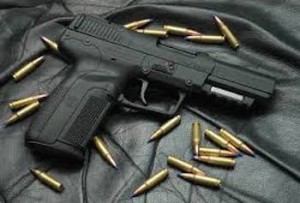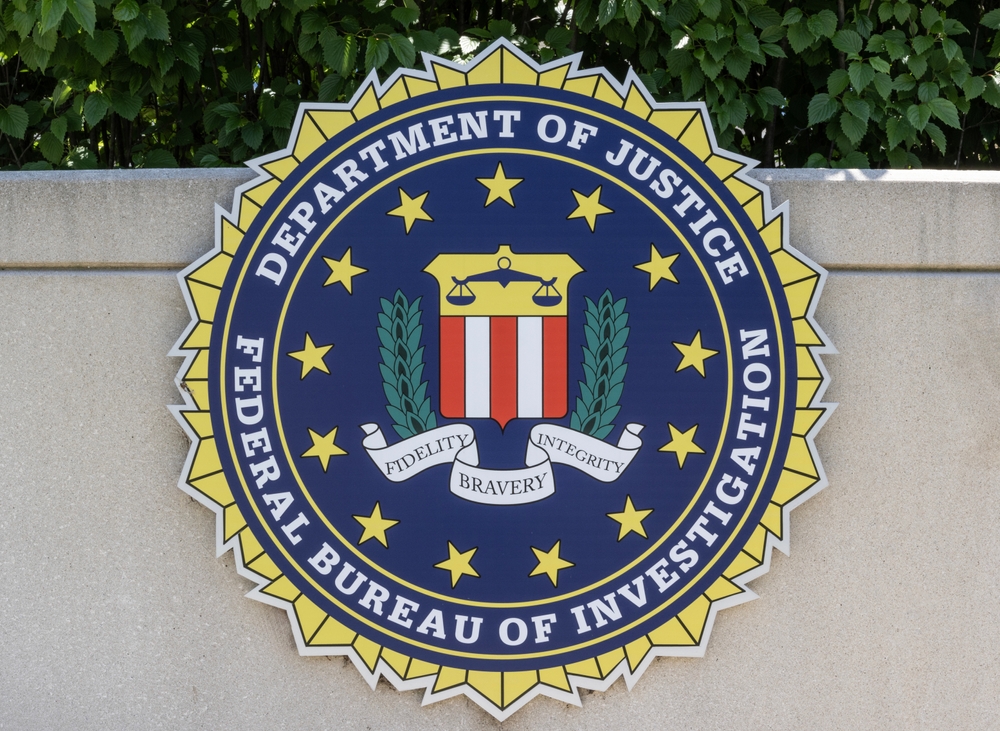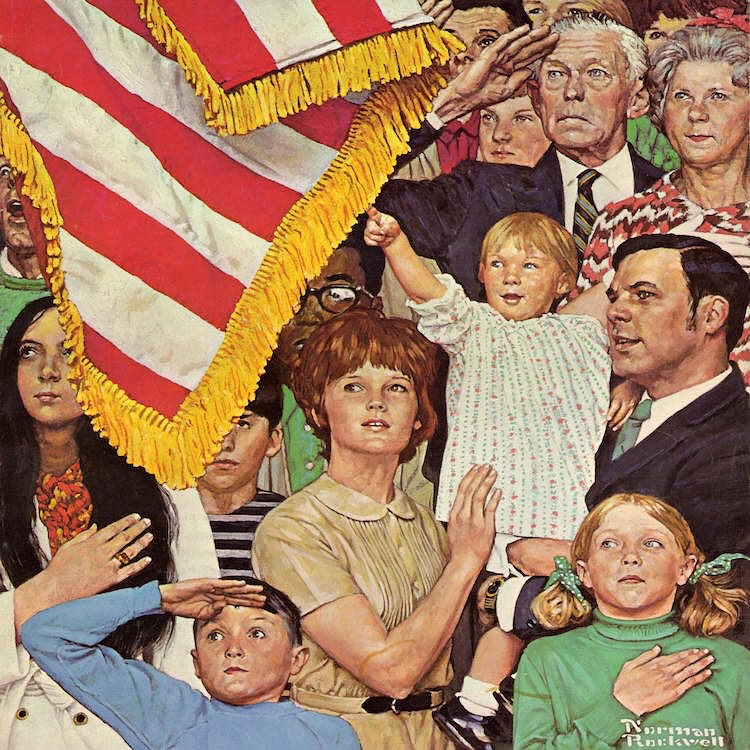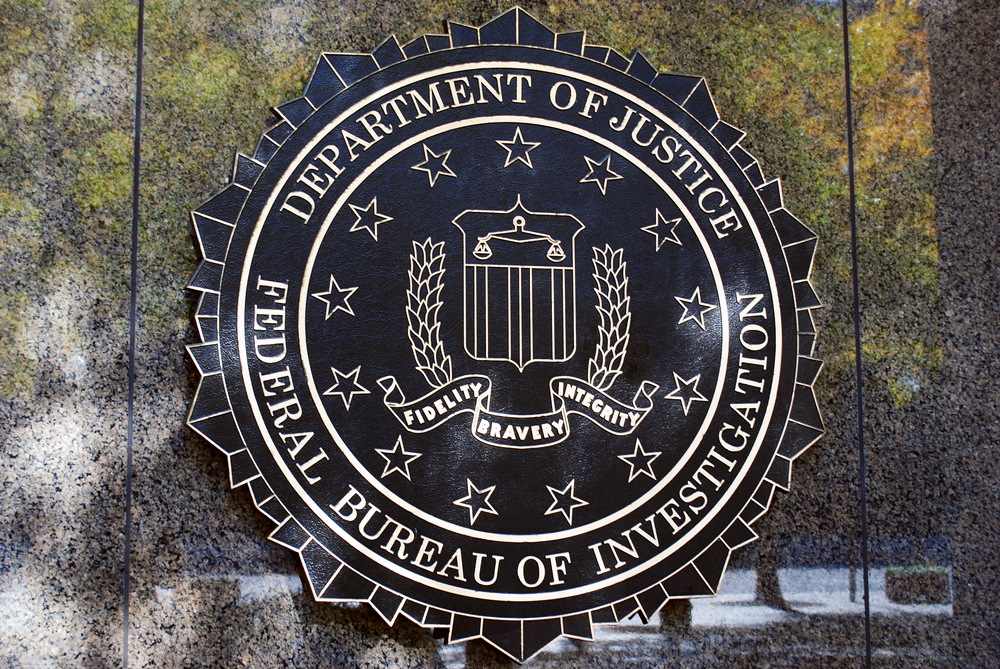 By Rep. Donald S. Beyer Jr.
By Rep. Donald S. Beyer Jr.
for Washington Post
Those who oppose gun safety legislation often contend that the president and Congress should enforce existing gun laws before considering any new ones. National Rifle Association President Wayne LaPierre has said that under current federal law, President Obama “could take every felon with a gun, drug dealer with a gun, and criminal gang banger with a gun off the streets tomorrow and lock ’em up for five years or more”; House Judiciary Committee Chairman Bob Goodlatte (R-Va.), who holds great power over whether gun legislation sees the light of day, has said that “the federal government is not doing the job they should be doing in enforcing our current gun laws.”
We should call their bluff. The truth is that Congress routinely blocks the power of the federal agency responsible for overseeing and investigating firearms sales: the Bureau of Alcohol, Tobacco, Firearms and Explosives (ATF). The ATF is unable to carry out its mission because of the multiple obstacles placed in its path. For example, a 2004 budget amendment blocked the agency from providing data on the tracing of guns used in crimes for any state license revocation action or civil lawsuit. Gun-trace data are critically important for sourcing illegally trafficked firearms and identifying corrupt gun dealers. Another amendment that year banned any requirement that gun dealers keep a physical inventory of their wares. In 2012, Congress said that the ATF couldn’t deny applications to import any shotgun simply because it lacked a sporting purpose. The list goes on.
So what if we didn’t pass new gun safety laws, but instead simply returned to the ATF the authority and autonomy to fully perform its duties? What if this key agency were enabled “to protect communities from violent criminals . . . the illegal use and trafficking of firearms . . . [and] acts of terrorism,” as its mission statement reads, without interference?
Tuesday I will introduce the ATF Enforcement Act, which would restore the agency’s ability to enforce existing gun laws by removing legislative limitations on its operations, enforcement and day-to-day functions. My bill would also allow the person picked to be ATF director to bypass the Senate confirmation process by moving the appointment power to the attorney general. For years, congressional allies of the gun lobby have blocked nominees by both Democratic and Republican presidents. Only one nominee has been confirmed since the position was made subject to Senate approval in 2006.





